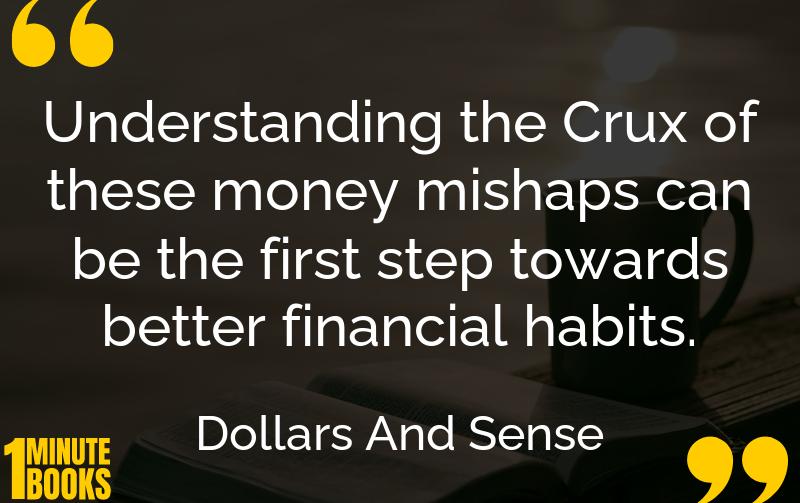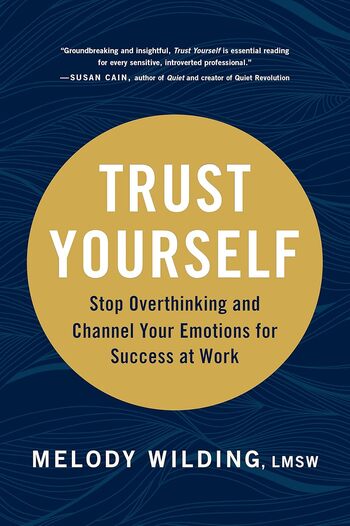
This book explores the irrational ways we handle money, offering insights into our spending habits and techniques to become more rational in financial decisions.
Main Lessons
- We often act irrationally with money, influenced by emotions and perceptions.
- Opportunity costs are invisible but crucial trade-offs in spending decisions.
- Value cues, like discounts, can mislead us and impact our shopping choices.
- Mental accounting affects how we categorize and justify our expenses.
- Emotional accounting intertwines our feelings with financial decisions.
- Framing effects demonstrate how language can sway financial behavior.
- Rituals and narratives enhance perceived value and satisfaction.
- Self-control is vital for financial success, aiding in resisting temptations.
- Connecting with our future selves bolsters motivation to save.
- Specific goals, like a retirement date, enhance saving discipline.
- Ulisses contracts help avoid impulsive spending by setting pre-commitments.
- Understanding spending psychology can lead to smarter financial habits.
- Financial decisions should reflect core values and long-term goals.








